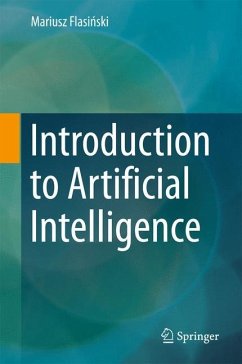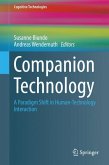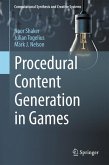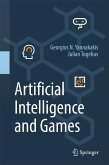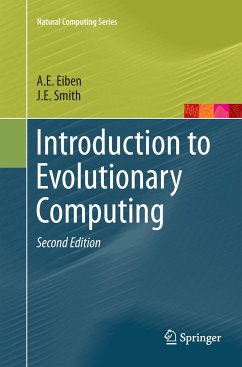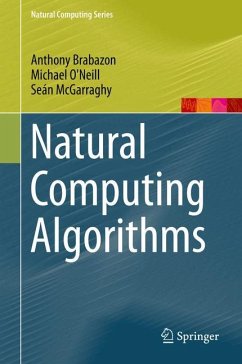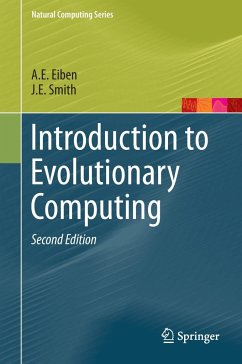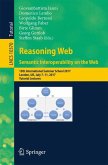In the chapters in Part I of this textbook the author introduces the fundamental ideas of artificial intelligence and computational intelligence. In Part II he explains key AI methods such as search, evolutionary computing, logic-based reasoning, knowledge representation, rule-based systems, pattern recognition, neural networks, and cognitive architectures. Finally, in Part III, he expands the context to discuss theories of intelligence in philosophy and psychology, key applications of AI systems, and the likely future of artificial intelligence. A key feature of the author's approach is historical and biographical footnotes, stressing the multidisciplinary character of the field and its pioneers.
The book is appropriate for advanced undergraduate and graduate courses in computer science, engineering, and other applied sciences, and the appendices offer short formal, mathematical models and notes to support the reader.
The book is appropriate for advanced undergraduate and graduate courses in computer science, engineering, and other applied sciences, and the appendices offer short formal, mathematical models and notes to support the reader.
"The book is very useful for computer science, engineering, and allied science students, particularly because of the extensive appendices giving formal mathematical models for AI methods. However, because AI is a multi-disciplinary area today, students and researchers from disciplines like psychology, philosophy, and linguistics who are interested in studying and researching AI further will also benefit from using this book for a first AI course ... ." (C. S. Arora, Computing Reviews, January, 2017)

